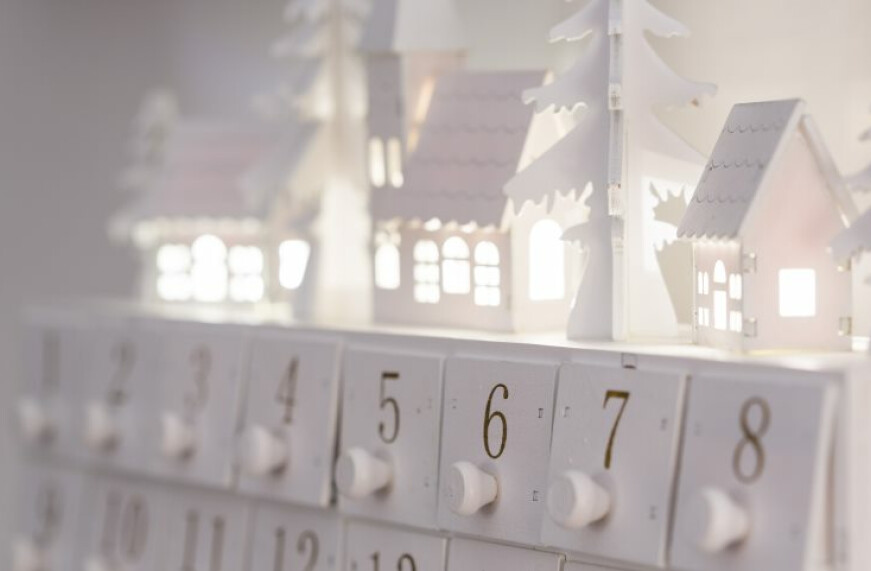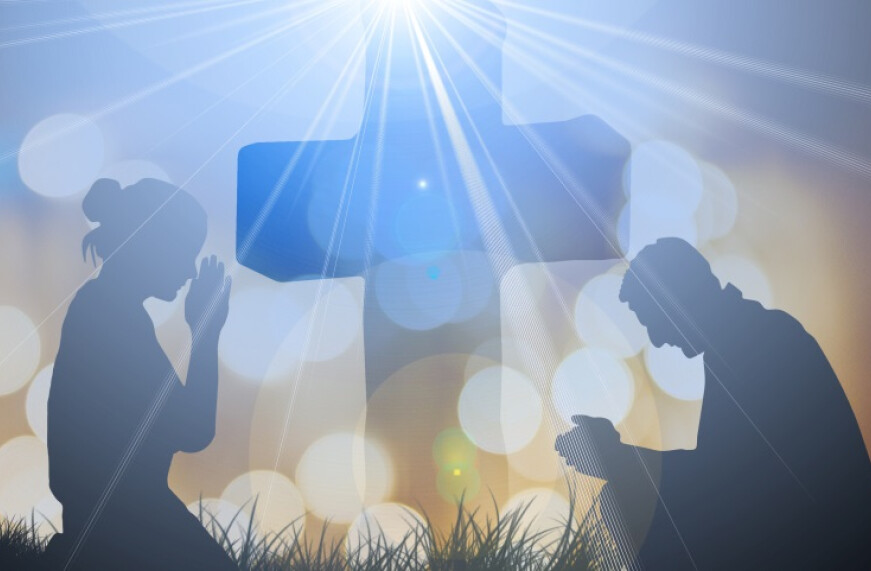From 0 to Canonization

Our primary call is to be saints. How does that make you feel?
Are you pulled to make your kids (or grandkids) your primary vocation? Our love for them is so incredibly strong. I have to check myself daily. They are such amazing creatures, of course we want to make them our everything!
But you know what I have realized in fighting that battle? I am a significantly better mother, better spouse, when I am close to Jesus. I spent the first years of my kids’ lives pouring through parenting books trying to be the best parent in the world and it wasn’t until I gave up that battle and just focused on being close to Jesus that I finally actually achieved my goal – well not perfection, but I think I’m doing okay.
If we were made for unity with Jesus (which is what being a saint is), doesn’t it just make sense that we would be better in all areas of our life the closer we are to Him? Better parents, but also better spouses and better at our jobs, better friends. Jesus is the standard for life. So the closer we are to Him, the more we look like Him, the better we are able to show up for others and ourselves in our own life.
And I’ve got good news for you. No one is expecting you to go from 0 to canonization overnight. Holiness is a journey. Discipleship (the path to holiness) is a journey. And every single journey begins with one single step. So what is it? What is your one step to start with? What is one way you can prioritize your relationship with God over everything else in your life (yes, even your family)? What is one concrete way you can rearrange your life goals to be about holiness aspirations instead of career aspirations?
God is never outdone in generosity. Meaning, no matter how much we give Him, He will always give us infinitely more in return. So rest assured, any sacrifice you make will be returned one hundredfold. Just remember, we were made for union with God. He doesn’t want you near to Him for His sake, but for yours. He is the answer to everything you desire in life. Go to Him and He will give you the desires of your heart (Psalm 37: 4)


